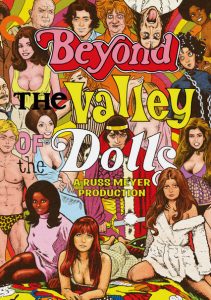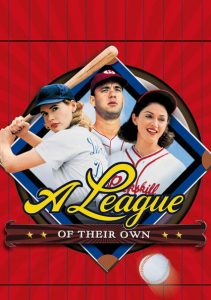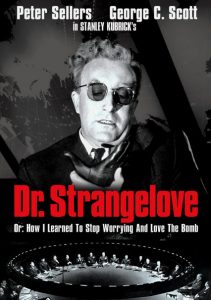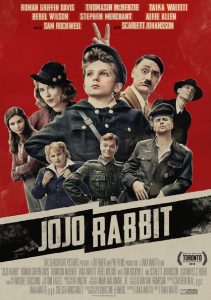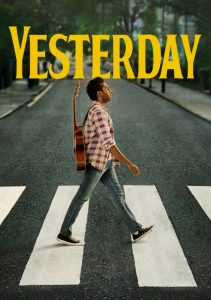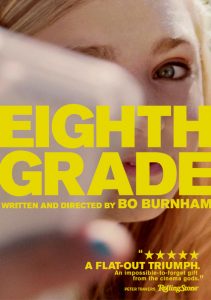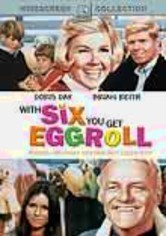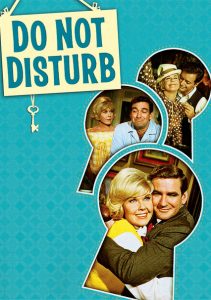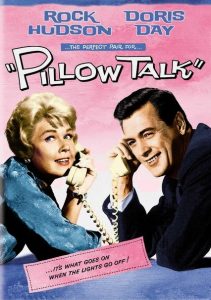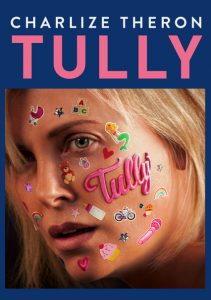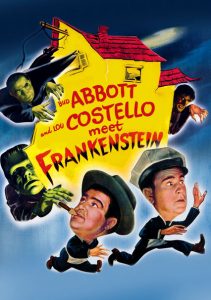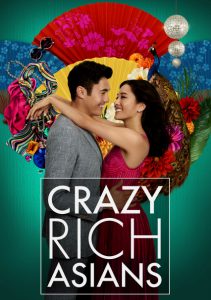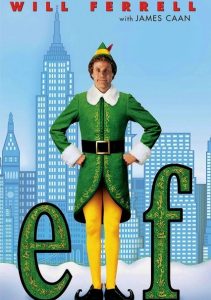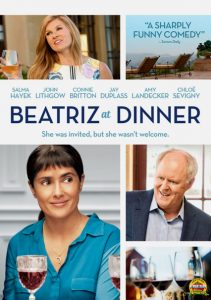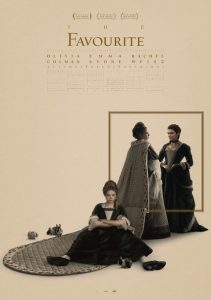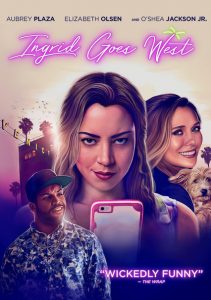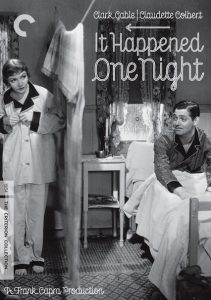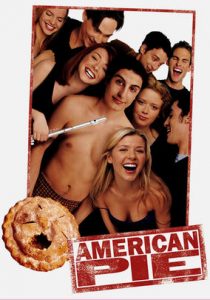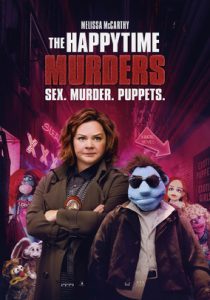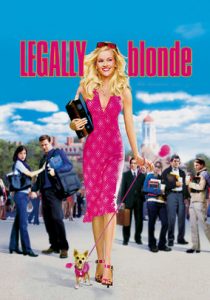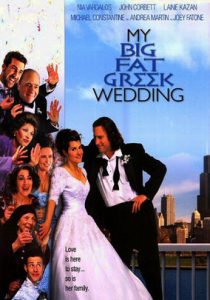Beyond the Valley of the Dolls-1970
Director Russ Meyer
Starring Dolly Read, Cynthia Myers
Scott’s Review #976
Reviewed January 2, 2020
Grade: B+
Beyond the Valley of the Dolls (1970) was originally intended as a sequel to the 1967 film Valley of the Dolls but was revised as a parody of the commercially successful but critically panned original.
This was not altogether a smart move since it would have been interesting to see a coherent follow-up exploring the lives of the original characters instead of a similarly named film with little to do with the first.
Instead, the film plays like frenetic mayhem with jarring edited scenes, a peculiar character switch and storyline, and completely over-the-top vulgarity. Still, the film is fun and extravagant, but hardly on par with Valley of the Dolls.
I would not even recommend watching them in sequence- the confusion would only be doubled.
To call Valley of the Dolls a “serious” film is laughable, but compared to Beyond the Valley of the Dolls, it is.
Director Russ Meyer is known for successful sexploitation films that feature campy humor, satire, and large-breasted women, such as Faster, Pussycat! Kill! Kill! (1965) and Supervixens (1975), are at the helm to create the bombastic and eye-dropping shenanigans.
Famous film critic Roger Ebert co-wrote the screenplay along with Meyer.
Three young women MacNamara (Dolly Read), Casey Anderson (Cynthia Myers), and “Pet” Danforth (Marcia McBroom) front a struggling rock band, The Kelly Affair, managed by Harris Allsworth (David Gurian), Kelly’s boyfriend.
The four travel to Los Angeles to seek Kelly’s estranged aunt, Susan Lake, an heiress to a family fortune. Fans of Valley of the Dolls will need to know that Susan is supposed to be Anne Welles, the central character in that film.
A battle ensues as Susan graciously offers to give some of her fortunes to Kelly, but Susan’s unsavory financial adviser, Porter Hall (Duncan McLeod) will have none of it. Amid the drama, Kelly meets a gigolo who feuds with Harris, while Harris is pursued by a sexually aggressive porn star named Ashley St. Ives (Edy Williams).
Events all take place against the backdrop of the night-after-night Los Angeles party.
While the plot is not the central aspect of Beyond the Valley of the Dolls, the renaming of Susan from Anne, the same character, as well as the recasting of Barbara Parkins with Phyllis Davis, make things confusing.
Adding to this point, Parkins was originally cast as Anne/Susan but was abruptly fired from the production. This makes any comparisons to Valley of the Dolls other than the title alone, unwise and a waste of time.
The lively revelry is the fun and the beauty of Beyond the Valley of the Dolls. The film has a cool and groovy vibe and epitomizes the late 1960s psychedelic and colorful aura. The free love and the expressionism make the experience a wild but liberal-minded experience and that is suitable for a film like this.
The intention is to entertain and express the confidence of women. While the female characters are exploited, they are also driven and comfortable with themselves.
A fun fact, and cause for musing, is that as wild and exploitative to women (and men) as Beyond the Valley of the Dolls is, Ebert was largely responsible for penning the script.
In the 1980s the critic, who I am a cherished fan of, panned many of the 1980s horror/slasher flicks, especially Friday the 13th (1980) for exploiting women, but he had no issue exploiting them years early.
Makes one ponder the hypocrisy of his comments.
Beyond the Valley of the Dolls (1970) is daring and never plays things safe. With a hip edge and plenty ahead of its time in same-sex character representations, the film is unique and brimming with hilarious and bizarre antics.
The plot is rather silly and goofy and unsurprisingly panned by critics but has become a cult classic and with repeated viewings, has grown on me more and more.
The production is meant to be watched late at night for better appreciation.
